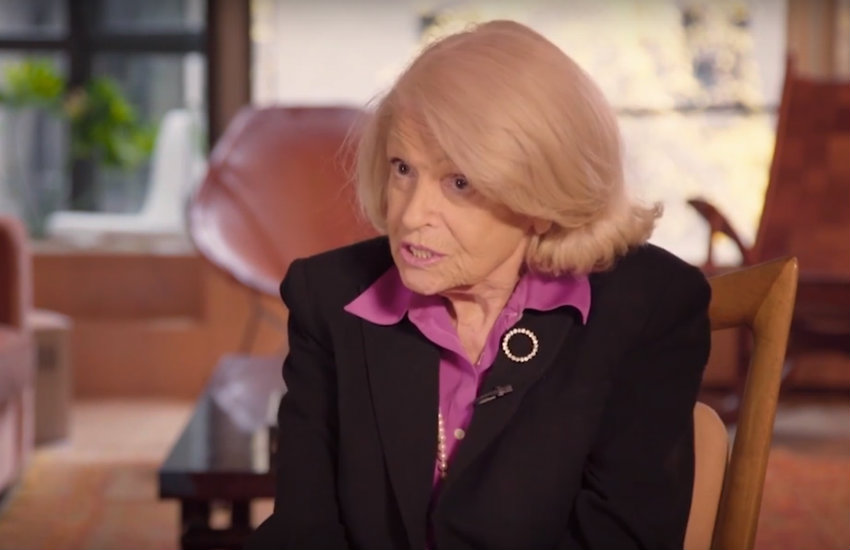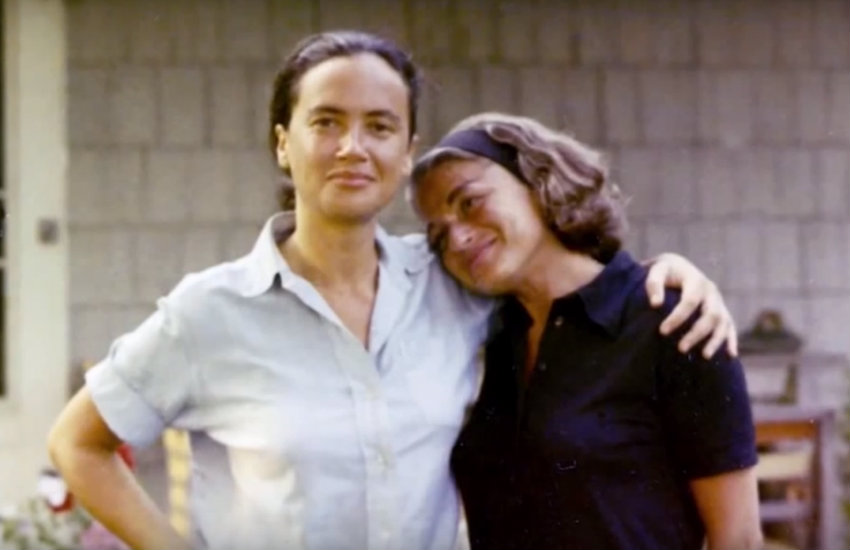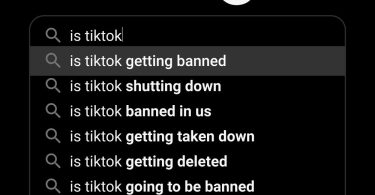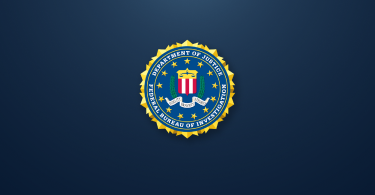Edie and Thea | Photo: YouTube/Winter Film Awards
It’s fitting that the new documentary To a More Perfect Union comes out today, on the three-year anniversary of marriage equality in the United States.
Directed by Donna Zaccaro, the film’s subject, the late Edie Windsor, helped paved the way for the Supreme Court to legalize same-sex marriage in all 50 states.
Clocking it at a palatable 63-minutes, the documentary succintly reveals the simple truths at the heart of this fight: humanity, love, and dignity.
Windsor married her partner of 40 years, Dr. Thea Spyer, in Canada. Two years later, Spyer passed away, and the IRS hit Windsor with a massive tax bill because Defense of Marriage Act (DOMA) denied same-sex couples federal spousal benefits.
When Windsor challenged this, her winning case struck down DOMA and paved the way for Obergefell v. Hodges.
Humanity at the heart of the issue
The movie puts forward the single thing that has always been at the heart of the LGBTQ fight. That is, that we’re all humans, and we simply want equality and respect.
While Zaccaro handles the more complex legal issues of Windsor’s case well, the movie really shines when it spotlights Windsor as a woman.
A woman in love, a woman grieving at the loss of her partner, a woman fighting for what should be hers.
Two relationships are at the center of it all: both Windsor’s romantic relationships with Spyer, and her eventualy friendship with lawyer Roberta Kaplan.

Windsor in the documentary, wearing the diamond pin | Photo: YouTube/Winter Film Awards
Windsor and Spyer met and started their relationship after meeting in New York City. Though Windsor was nervous about discrimination, she and Spyer nonetheless became engaged. Instead of wearing a traditional engagement ring, however, Windsor wore a diamond circle as a pin.
It’s seen throughout the documentary, as a testament to both her love and her fight.
Kaplan represented Windsor in her case, all the way to the Supreme Court. The film briefly touches on her own background, including her coming out to her parents and her eventual marriage to her wife.
It makes it clear, though, that the relationship between Kaplan and Windsor became something special. There are scenes of Windsor at Kaplan’s house, doting on Kaplan’s son. The case clearly and understandably bonded them and the documentary reveals that. Through all the legal jargon, these two women were simply fighting for better lives.
Changing attitudes and the perfect hero
Windsor sadly passed away last year, though her legacy remains ever present in the community.
The documentary makes a point to discuss her as the ‘right’ person to be a champion. She was pretty, well-spoken, educated, and a perfect and easily acceptable hero. There is an unsaid implication in a possibly different outcome had, perhaps, the challenger been a black woman, poorer, or some other trait less accepted by society.
Though the movie does not linger on this for too long, it is a present thought.
Windsor is treated with nothing but respect, kindness, and warmth throughout the movie.
It aptly shows how her resilience helped change minds about marriage equality and the LGBTQ community at large.
Both President Obama and Vice President Biden, in power at the time of Windsor’s case, publicly address their changing views. For the first time, they both unequivocally give their support to marriage equality.
Zoccaro’s documentary offers nothing new in the way of information or viewpoints. However, it is a tender, eloquent, and well-made recollection of an important moment in our community’s history. Windsor’s story, while possessing its share of strife and struggle, is ultimately feel-good and why this movie is a must-see.
[embedded content]







